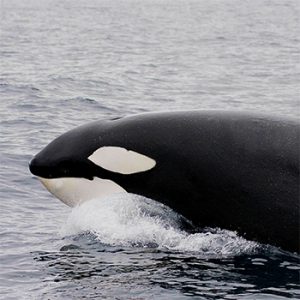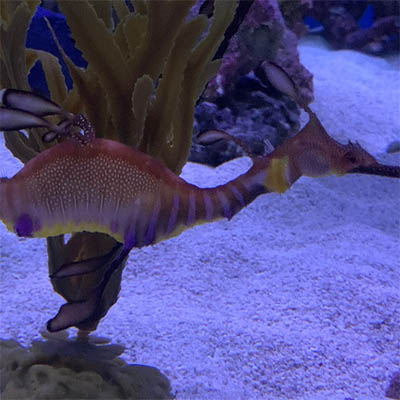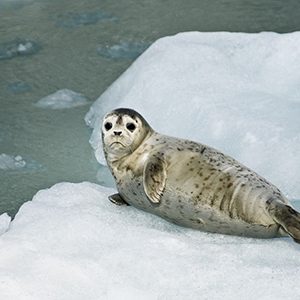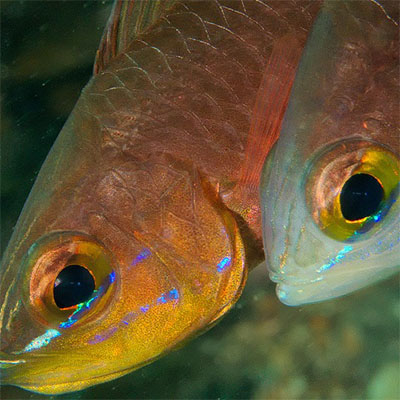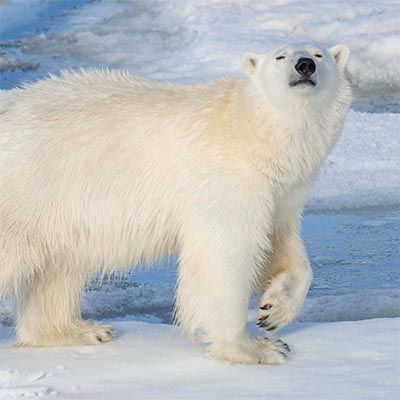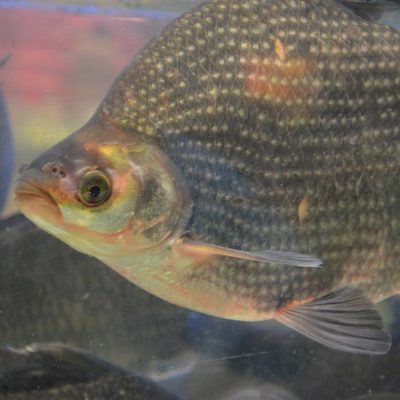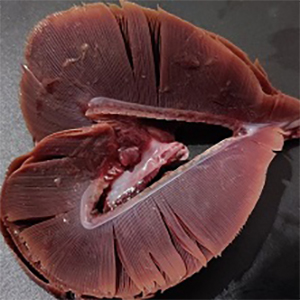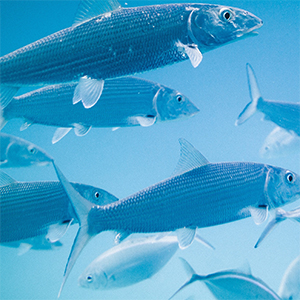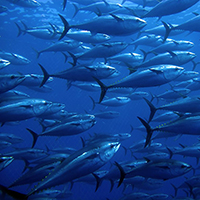New FCRR: Gill size and temperature as governing factors in fish growth: A generalization of von Bertalanffy’s growth formula (2nd edition)
Want to read Dr. Daniel Pauly’s PhD thesis? This FCRR contains the 1979 dissertation, but with minor typographical errors corrected and tables and figures reorganized for clarity.
Killer whales breathe just once between dives, study confirms
A new study has confirmed a long-held assumption: that orcas take just one breath between dives.
New measurements shows seadragons grow slowly, but in a fashion similar to other bony fish
Despite their odd shape, which makes them resemble a tuft of seaweed, common and leafy seadragons grow in the same fashion as other bony fish, new research has found.
Long-term studies quantify the prey requirements of pinnipeds, and help predict the effects of nutritional stress
Two new studies by Dr. David Rosen answer the question: “How much fish does a seal need?”
Data confirm link between respiratory stress and fish reproduction
A consistent metabolic ratio found across 133 Chinese marine and freshwater fish species provides new evidence in support of the idea that fish become sexually active – and spawn for the first time – in response to growth-induced respiratory stress.
Ecologists and mental health researchers unite to improve patient care, save wild animals using Fitbit-like devices
Narwhals, sharks, and polar bears can help medical professionals improve care for patients with mental health struggles – and patients with conditions such as depression and bipolar disorder can offer insights that will help the conservation of many wild animals.
Tilapias are not precocious, they are just resilient
Tilapias living in crowded aquaculture ponds or small freshwater reservoirs adapt so well to these stressful environments that they stop growing and reproduce at a smaller size than their stress-free counterparts.
Understanding why fish grow the way they do and getting serious about it
Daniel Pauly argues that scientists need to avoid attaching human attributes to fish and start looking at their unique biology and constraints through a different lens.
FCRR – Marine and Freshwater Miscellanea II
The second collection of articles by Daniel Pauly and colleagues that were deemed not suitable for peer-reviewed scientific journals, but which readers may find of interest.
Fish evolve by playing it safe
New research supports the creation of more marine reserves in the world’s oceans because fish can evolve to be more cautious and stay away from fishing nets.

